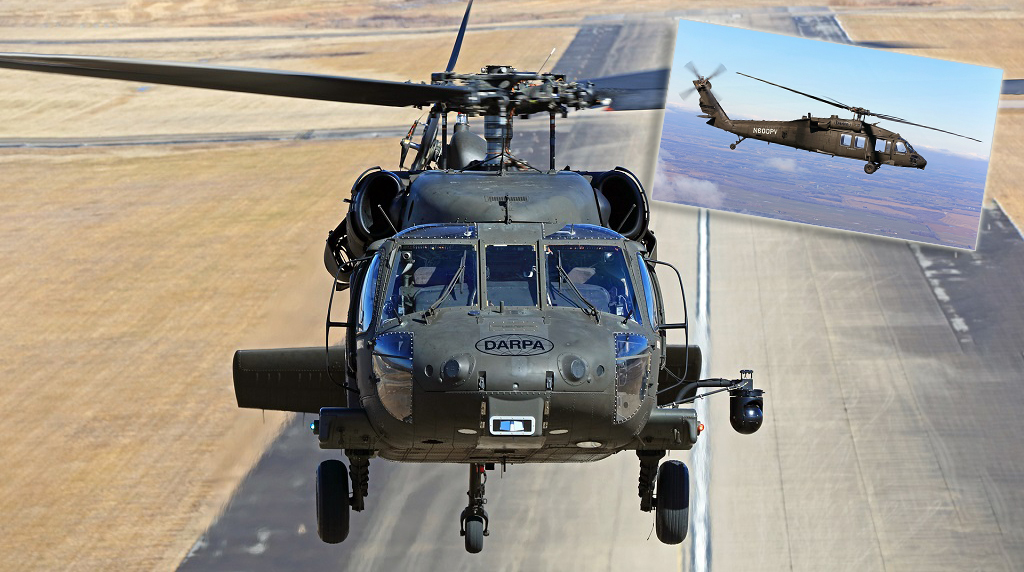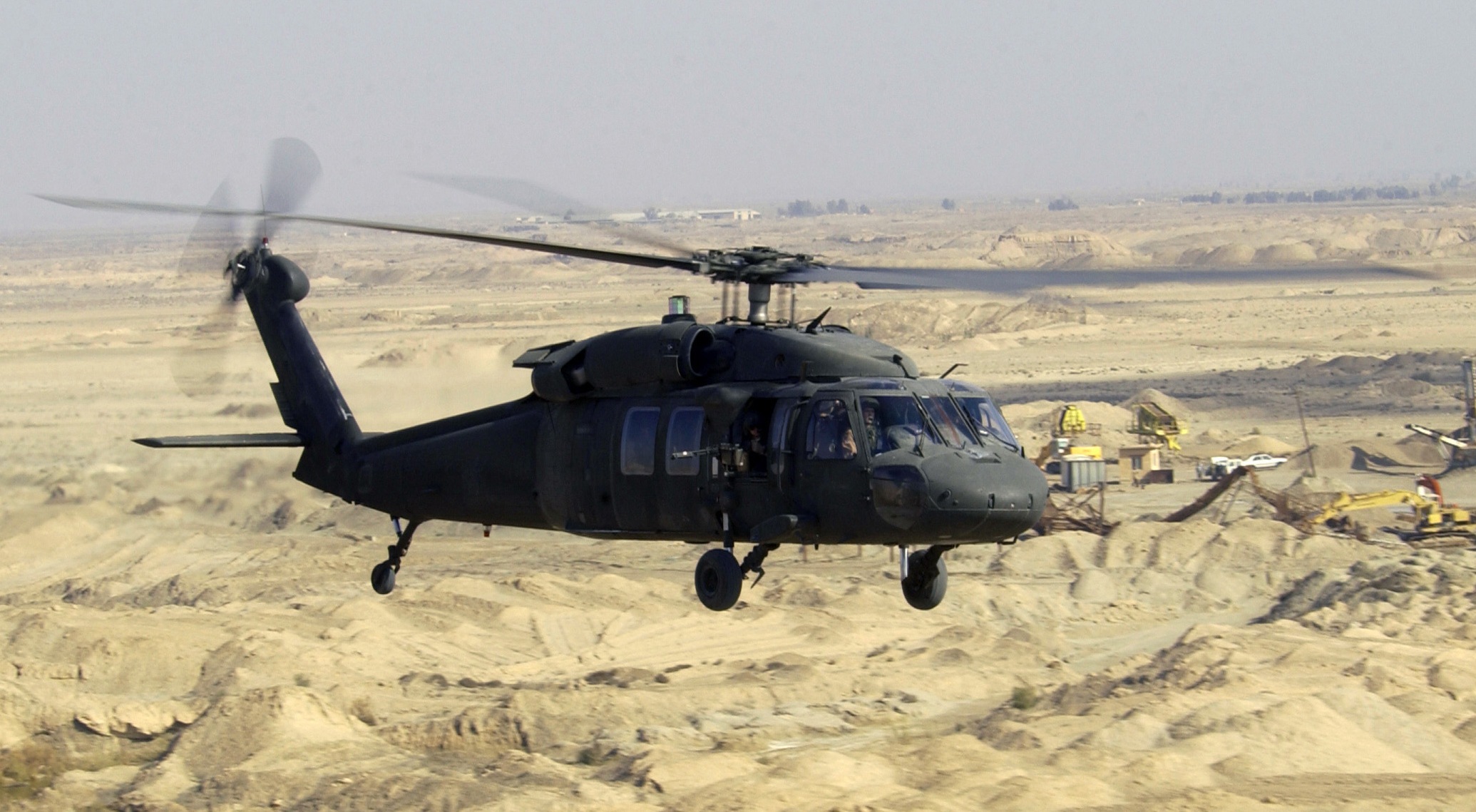UH 60 Black Hawk: Trick Functions and Innovations
UH 60 Black Hawk: Trick Functions and Innovations
Blog Article
The Duty of Airplane in Shaping Worldwide Transportation and Trade Dynamics
With the establishment of robust air freight networks, services can currently navigate worldwide markets with remarkable speed and dexterity, consequently redefining supply chain strategies. As we discover the multifaceted effects of airplane on global trade, it is crucial to think about just how these aspects will shape the future landscape of air travel and its duty in the economy.

Advancement of Air Transport
The evolution of air transport has been noted by substantial technical developments and innovations that have actually transformed the method people and items move across the world. From the Wright bros' very first powered trip in 1903 to the advancement of supersonic jets, each landmark has actually highlighted the unrelenting pursuit of efficiency and rate in air travel. Early airplane were primarily basic, restricted by engine power and architectural integrity. The intro of innovative materials and aerodynamics in the mid-20th century led to significant renovations in aircraft performance, reliability, and security.
The latter part of the 20th century witnessed the emergence of commercial aviation as a viable setting of transportation, identified by the intro of jet engines, which transformed air traveling by drastically lowering trip times. Furthermore, developments in navigating and interaction technologies have improved functional effectiveness and security, enabling more facility flight courses and timetables. The surge of air cargo in parallel with passenger solutions has actually additionally underscored the versatility of air travel. As we look to the future, arising innovations such as independent and electric aircraft pledge to redefine the air transport landscape, making certain ongoing development and adaptation to international needs.
Influence On Global Trade
Air transport has exceptionally reshaped worldwide profession by facilitating the swift motion of goods throughout huge ranges. This expedited logistics capability enables businesses to respond quickly to market needs, therefore improving supply chain performance. The capability to move disposable items, high-value items, and time-sensitive products has actually opened new markets and possibilities for various industries, considerably influencing trade patterns.
In addition, the advancement of air freight networks has actually fostered globalization, allowing firms to source materials and items from various components of the world effortlessly. This interconnectedness reduces lead times and prices, permitting services to stay affordable in a significantly international market. In addition, air transport plays a vital duty in shopping, where customer assumptions for rapid distribution have actually driven a surge sought after for air cargo services.
The effect of aircraft on international profession includes the production of tactical trade courses, linking regions and helping with worldwide collaborations. Countries that buy air transportation facilities frequently experience boosted economic growth and enhanced foreign direct financial investment. Generally, the evolution of air transport has not just changed the logistics landscape yet has additionally come to be a vital element in the characteristics of global profession.

Financial Benefits of Aeronautics
A robust aeronautics field creates substantial economic benefits, adding to work creation, tourist, and general financial growth - uh 60. The aviation market supports millions of tasks internationally, varying from straight employment in airport terminals and airline companies to indirect roles in markets such as friendliness, transportation, and logistics. According to industry records, for every useful content task in the aviation sector, about 3.5 extra jobs are developed in the broader economic situation
Tourism is a critical element of the financial benefits stemmed from aviation. Flight facilitates worldwide tourist, enabling travelers to discover diverse destinations, which subsequently stimulates neighborhood economies. Nations that purchase their air travel infrastructure often experience increased traveler arrivals, causing greater spending on services such as resorts, restaurants, and tourist attractions.

Additionally, aeronautics boosts worldwide connectivity, allowing businesses to access new markets and sources successfully. As an outcome, fields such as shopping and production benefit greatly from reliable air transportation, more driving financial expansion.
Obstacles Dealing With the Air Travel Market
Navigating an intricate landscape of regulative, ecological, and economic challenges, the aeronautics sector encounters considerable obstacles that threaten its sustainability and development. Laws surrounding safety and protection are consistently progressing, necessitating ongoing compliance and adjustment from producers and airlines (uh 60). This can cause raised operational costs and resource allowance that interferes with innovation and development efforts
Furthermore, ecological concerns have come to be extremely important, with expanding analysis over carbon exhausts and environmental pollution. The sector is under pressure to take on greener techniques and technologies, which commonly require substantial investment in r & d. Balancing these ecological responsibilities with the demand for air travel presents a significant challenge.
Financial fluctuations, such as climbing fuel costs and geopolitical unpredictabilities, even more complicate the landscape. Airline companies often face volatile operating prices and rising and fall guest demand, which can impact productivity and long-term planning. Labor lacks and ability voids in important locations include another layer of intricacy, impeding operational performance.
Ultimately, attending to these multifaceted difficulties is necessary for the aeronautics industry to maintain its essential role in worldwide transport and profession, while ensuring resilience and adaptability in a significantly affordable market.
Future Patterns in Flight
Moving and emerging modern technologies customer preferences are positioned to reshape the future of air travel considerably. The combination of fabricated knowledge and artificial intelligence is anticipated to boost functional effectiveness, enhance airport processes, and boost customer care. Anticipating analytics will certainly help with a lot more accurate need projecting, allowing airlines to maximize trip timetables and pricing designs.
Sustainability is coming to be a key chauffeur in flight, with the air travel sector significantly concentrated on lowering carbon exhausts. Innovations in aircraft style, such as hybrid click over here and electric propulsion systems, are being checked out to meet ecological targets. Additionally, the fostering of lasting aviation fuels (SAFs) is expected to play a crucial function in achieving net-zero exhausts by 2050.
Customer preferences are changing in the direction of customized traveling experiences. Airlines are buying advanced data analytics to tailor services and boost client interaction, ensuring an extra personalized trip from scheduling to arrival. Furthermore, the rise of remote job may lead to raised demand for recreation traveling, as individuals seek to incorporate work and trip.
Final Thought
In i was reading this conclusion, airplane considerably affect global transportation and trade dynamics by facilitating rapid activity and enhancing supply chain performance. The evolution of air transport has changed global profession, yielding considerable financial advantages while additionally presenting obstacles that need critical management. Future trends show a continued reliance on air travel for business, underscoring its indispensable role in globalization and economic growth. The continuous adjustment of the aviation market will certainly be essential for sustaining its contributions to the international economy.
The last part of the 20th century experienced the introduction of commercial air travel as a feasible mode of transport, defined by the introduction of jet engines, which revolutionized air travel by significantly minimizing trip times. The increase of air freight in parallel with guest services has better underscored the convenience of air travel. Additionally, air transportation plays an essential function in ecommerce, where consumer expectations for fast delivery have actually driven a surge in need for air freight services.
In general, the advancement of air transportation has not only transformed the logistics landscape yet has additionally come to be an essential element in the dynamics of international profession.
Sustainability is becoming a crucial driver in air traveling, with the aviation market progressively focused on reducing carbon discharges.
Report this page